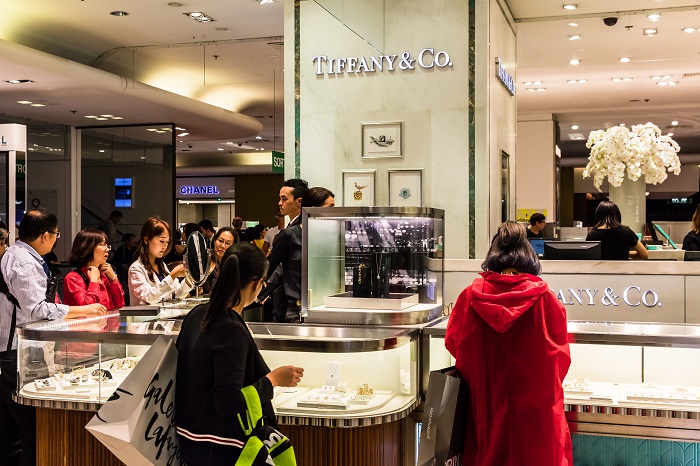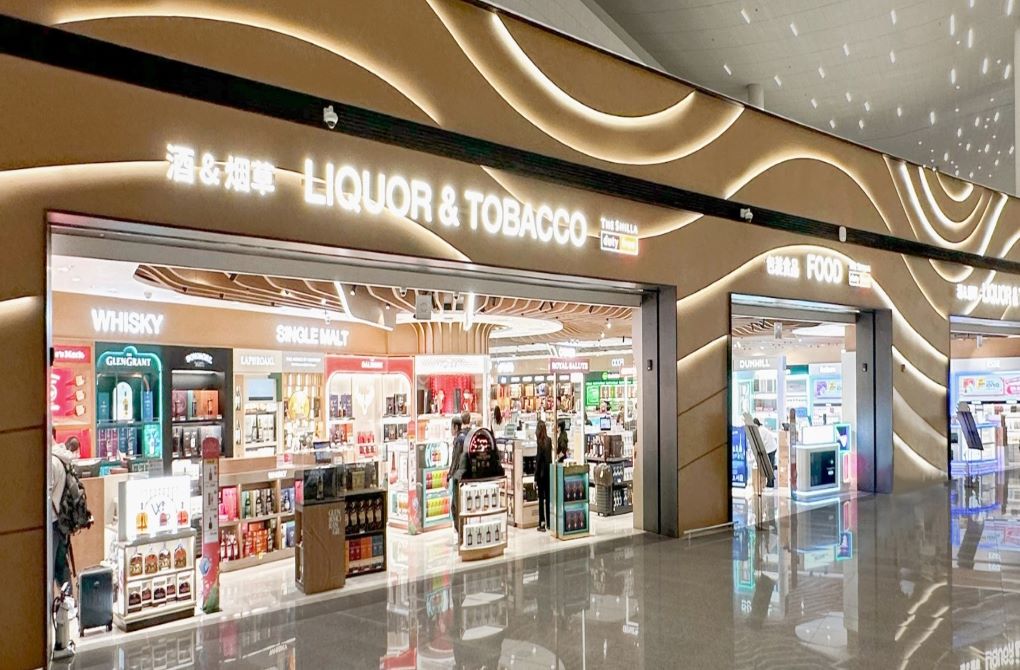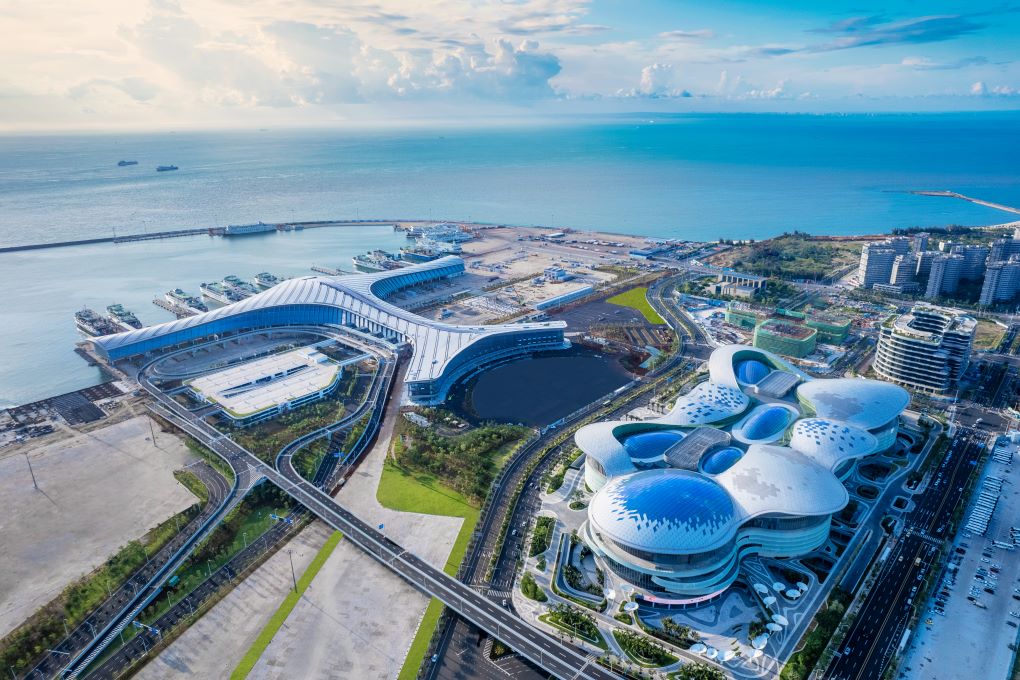 CHINA. There’s an undeniable slowdown across the entire Chinese travel market right now, with both travel-related retailers and destinations struggling, writes Mason Hinsdale of Jing Travel, a content partner of The Moodie Davitt Report.
CHINA. There’s an undeniable slowdown across the entire Chinese travel market right now, with both travel-related retailers and destinations struggling, writes Mason Hinsdale of Jing Travel, a content partner of The Moodie Davitt Report.
Even executives at China’s biggest online travel agency Ctrip.com International have signalled that they expect an imminent “cooldown” in the market. Right now, the slump is mostly down to economic anxiety, but the numbers are not looking good for a lot of Chinese travel-industry players. In reality, a slowdown in the Chinese travel market is unlikely, but related companies will probably continue to see their profit margins fall for a while.

Online travel agencies hurting
In the short term, China’s online travel agencies are hurting the most. The companies behind China’s three biggest online travel agencies — Ctrip, Alibaba, and Meituan-Dianping — have all experienced precipitous drops in share value. Alibaba (the operator of Fliggy) and Meituan-Dianping are not primarily travel companies (Alibaba focuses on e-commerce, while Meituan-Dianping’s core business is ticketing and food delivery). Nonetheless, the same economic strains that are hurting travel are affecting their core businesses, and share prices reflect this.
Chinese stocks, including travel-related companies, have seen their share prices plummet this year
Meituan-Dianping’s shares are down about -29% since its October IPO. The company’s earnings report in November revealed that its operating losses had tripled, reaching US$497 million between June and September, even as revenue rose +97.2% compared to the same period last year. Alibaba is faring a bit better, only losing -23% of its share price over six months.
The company posted revenue in early November that was just over +1% below Wall-Street expectations. It’s hard to gauge to what extent slowing Chinese travel is contributing to these issues given that travel is a relatively small part of both of these company’s overall business profiles.
On the other hand, Ctrip, which is all about travel, has seen its shares fall by around -38% in the last six months, in large part because of disappointing earnings. The company reported a net loss of US$165 million in Q3 2018, even as revenue increased by +15% year-on-year to $1.4 billion. The key figure, however, was a lowering of their forecast operating profit from +20% to just +0% to +1%. Ctrip CFO Cindy Xiaofan Wang cited “macro slowdown uncertainties” as the source of the downgrade.
In general, it doesn’t actually seem that fewer Chinese consumers are pursuing travel, but rather that overall costs for travel stakeholders appear to be on the rise. Right now, it’s just more expensive to push growth. Fortunately, the fundamentals of the Chinese travel industry are likely solid, and online travel agencies are well-placed to benefit. The market may be headed for a cooldown, but in the future all signs point to continued robust growth over the long-term.

Luxury retail
Luxury retailers, particularly those outside of China, are struggling, with many brands reporting lower-than-expected revenue and citing falling Chinese tourist spending as a major reason. However, things might not be as bad as they first appear. Both LVMH and Tiffany & Co. have pointed to falling Chinese tourism as the source of lower-than-expected sales, and Tiffany has perhaps suffered the most, posting only a +3.5% year-on-year increase in revenue in Q3 2018. The luxury jeweller’s shares have fallen by almost -32% over the last six months.
And yet, there’s some bitter irony in Tiffany’s story. The company recently reported weaker-than-expected sales across all regions, except the Asia Pacific, and demand among consumers in China appears to be holding strong, although those Chinese consumers are generally spending less abroad these days. This may be more a result of the Chinese government attempting to drive consumer spending at home, while the crackdown on re-sellers going abroad to buy luxury goods, so-called daigou, may be the biggest source of Tiffany’s struggles.
Of course, this trend will affect some destinations much more severely than others. While luxury retailers in North America and Europe certainly depend on Chinese tourist revenue, it’s actually Asian outlets that have the most to lose from a sales slump. South Korea, in particular, seems to be hurting, as the country is still trying to recover from the ban on the sale on tour groups to South Korea in response to the country’s installation of a THAAD missile defence system.

Even as Chinese tourism plunged in 2017, duty-free sales reached an all time high, in part because of daigou purchases. This trend continued into 2018, and duty-free sales reached $12.91 billion for the first nine months of the year in South Korea, compared to $12.83 billion for all of 2017.
However, it’s important to note that when daigou buy in bulk, they often receive substantial discounts that lower the profitability of these sales, so these record sales may not be as positive as they appear. Still, the same factors that are hurting brands will likely hurt South Korean retailers as daigou become wary of plying their trade after the government crackdown, and an already struggling South Korean duty free retail environment will have even less revenue to count on.
Click here to read the original article and to subscribe to Jing Travel.
*This article was originally published by the much-respected JING TRAVEL, a Moodie Davitt Report content partner.










